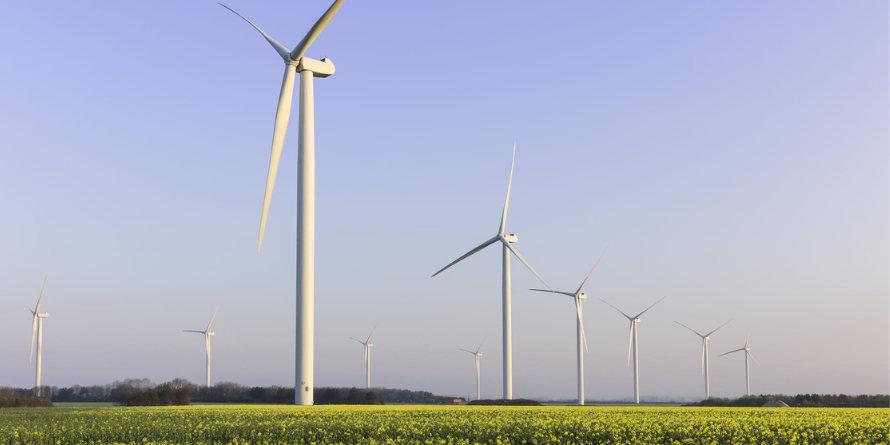The transition to a more secure and sustainable energy system is making progress but has lost momentum in the face of increasing uncertainty, according to a new report.
The World Economic Forum report found that 107 of the 120 countries benchmarked in the report demonstrated progress on their energy transition journeys in the past decade, but the overall pace of the transition has slowed.
The UK has fallen from 8th to 13th in the rankings, based on factors including energy consumption and CO2 intensity of energy supply.
Europe continues to lead the rankings, accounting for all of the top 10 countries for 2024. Sweden (1) and Denmark (2) top the rankings, having both placed in the top three countries each year for the past decade. They are followed by Finland (3), Switzerland (4) and France (5).
The report said the countries benefit from high political commitment, strong investments in research and development, expanded clean energy adoption – accelerated by the regional geopolitical situation, energy-efficiency policies and carbon pricing.
Read more

 United States
United States Australia
Australia





